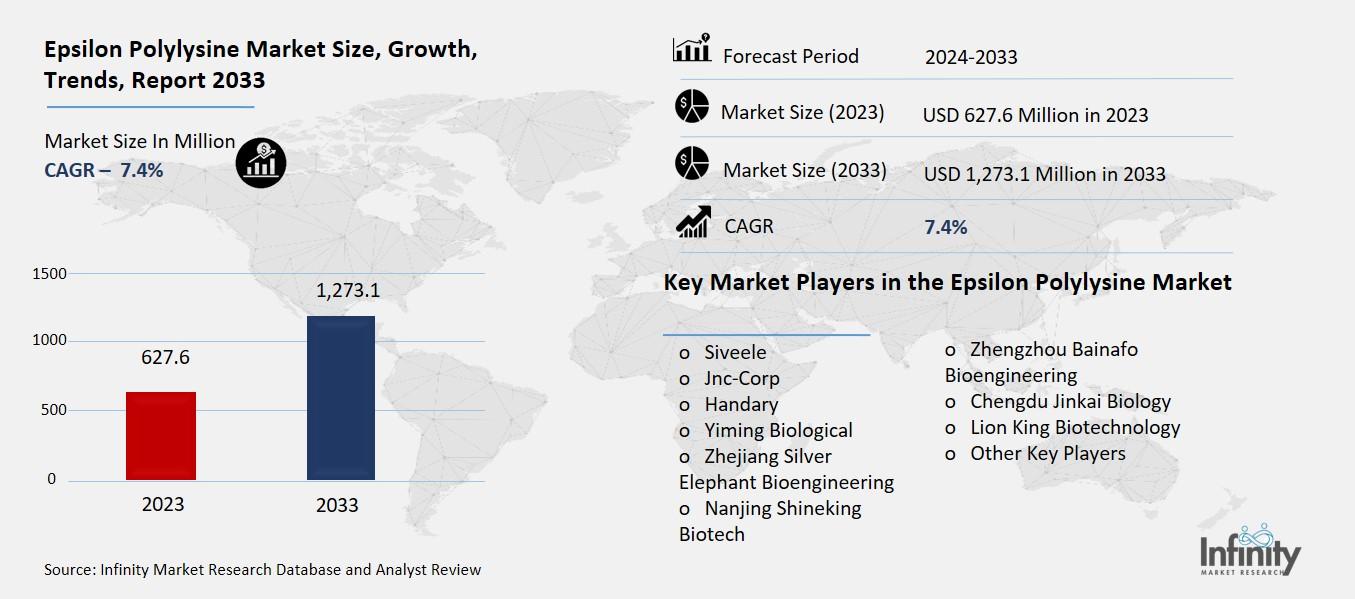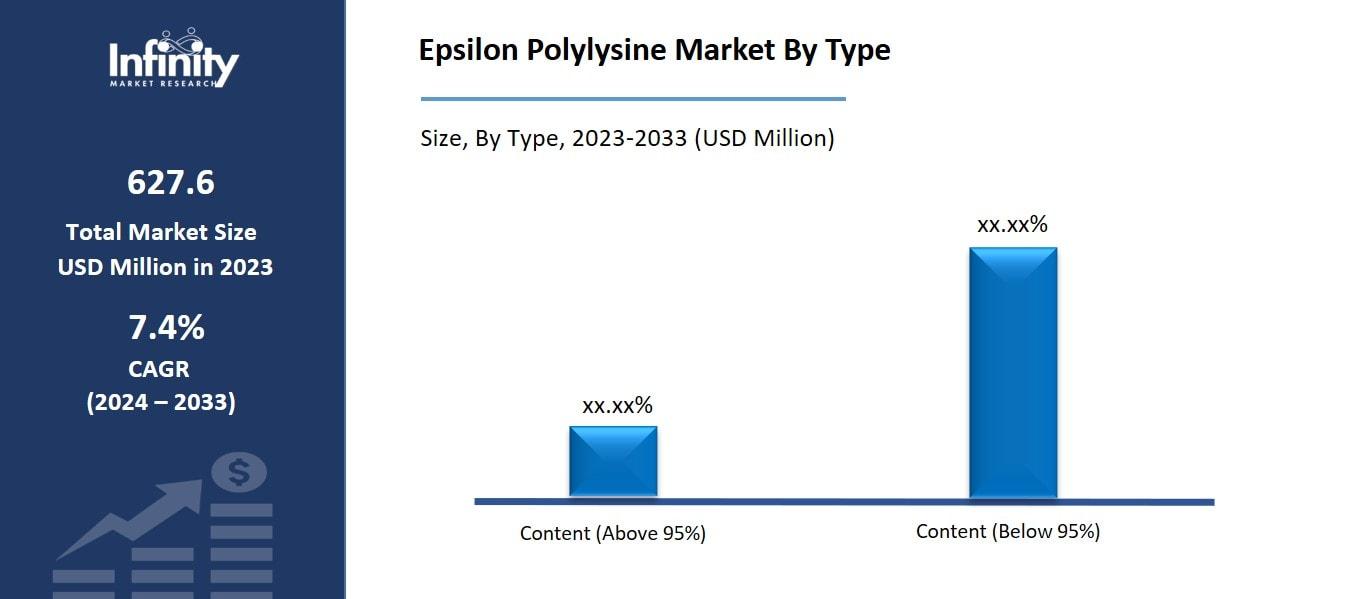
🔐 Secure Payment Guaranteed
Safe checkout with trusted global payment methods.
🌟 Why Choose Infinity Market Research?
At Infinity Market Research, we dont just deliver data — we deliver clarity, confidence, and competitive edge.
In a world driven by insights, we help businesses unlock the infinite potential of informed decisions.
Here why global brands, startups, and decision-makers choose us:
Industry-Centric Expertise
With deep domain knowledge across sectors — from healthcare and technology to manufacturing and consumer goods — our team delivers insights that matter.
Custom Research, Not Cookie-Cutter Reports
Every business is unique, and so are its challenges. Thats why we tailor our research to your specific goals, offering solutions that are actionable, relevant, and reliable.
Data You Can Trust
Our research methodology is rigorous, transparent, and validated at every step. We believe in delivering not just numbers, but numbers that drive real impact.
Client-Centric Approach
Your success is our priority. From first contact to final delivery, our team is responsive, collaborative, and committed to your goals — because you re more than a client; you re a partner.
Recent Reports
Obesity Management Market
GLP-1 Receptor Agonist Market
Epsilon Polylysine Market
Global Epsilon Polylysine Market (By Type, Content (Above 95%) and Content (Below 95%); By Application, Beverage, Rice, Meat, Seafood, Prepared Foods, and Other Applications; By Region and Companies), 2024-2033
Dec 2024
Chemicals and Materials
Pages: 138
ID: IMR1356
Epsilon Polylysine Market Overview
Global Epsilon Polylysine Market acquired the significant revenue of 627.6 Million in 2023 and expected to be worth around USD 1,273.1 Million by 2033 with the CAGR of 7.4% during the forecast period of 2024 to 2033. The global market for epsilon polylysine is emerging owing to a vast usage in industries such as the food and beverages sector, cosmetics and personal care products sector. Epsilon polylysine is a potent and environmentally friendly antimicrobial agent that is gaining appreciation as a means of enhancing the shelf life of a number of products by inhibiting the growth of bacteria and fungi. Also, because it is considered as a more environmentally friendly preservative than chemical ones, the demand for this preservative has increased in recent years due to consumers’ shift toward natural, clean-label products. This is due to the long standing rules regarding food safety in the market together with an increase of demand for preservatives with fewer adverse health effects. Also, the growth in the understanding of what constitutes quality, healthier, and environmentally friendly is why it is applied to the cosmetic industry, where it allows maintaining formulations that do not require synthetic preservatives.

Drivers for the Epsilon Polylysine Market
Rising Demand for Natural Preservatives
One of the key trends driving the growth of the epsilon polylysine market is the shift in consumer preferences towards natural and clean-label products. In line with the increasing demand for healthy foods and the overall awareness of the composition of foods consumed in the market, a larger array of clean label products, which is products lacking artificial ingredients, chemicals, and preservative contents, are beginning to appear in the current market. This trend is even more pronounced in the food and beverages sector where consumer is looking for natural and more sustainable foods as part of their personal healthy living regimes.
Epsilon polylysine is a natural antimicrobial, its use does not raise a concern as it does for synthetic preservatives such as sodium benzoate and potassium sorbate which are associated with different health controversies. In its use as a chemical preservative, epsilon polylysine does not possess the toxic and other undesirable characteristics of so many of its predecessors, besides the fact that it is bio-degradable, and is sourced from renewable sources, thereby providing a good fit for an industry that is increasingly seeing the need to come up with better, healthier, cleaner food and cosmetics products to meet the market needs of today and tomorrow.
Restraints for the Epsilon Polylysine Market
Competition from Synthetic Preservatives
Established synthetic preservatives, such as sodium benzoate, potassium sorbate, and propionates, continue to dominate the market due to their lower cost, long history of use, and broad understanding of their effectiveness in preventing spoilage. These preservatives are not only affordable but also readily available in large quantities, making them the go-to choice for many manufacturers, particularly in cost-sensitive industries like mass-market food production. Their proven track record and long-established regulatory approvals further enhance their appeal, especially in markets where price is a significant factor in purchasing decisions.
Opportunity in the Epsilon Polylysine Market
Growing Demand for Clean Label Products
The growing consumer demand for products free from artificial additives or preservatives presents a significant opportunity for the epsilon polylysine market. As consumers become more conscious of the ingredients in their food and personal care products, there is a marked shift towards natural, clean-label options that are perceived as healthier and safer. This shift is particularly evident in sectors such as food, beverages, and cosmetics, where consumers are increasingly avoiding products that contain synthetic chemicals or preservatives, fearing potential health risks.
Epsilon polylysine, a naturally occurring antimicrobial agent, aligns perfectly with this clean-label movement. It offers a safe and effective alternative to traditional synthetic preservatives, as it is biodegradable, non-toxic, and derived from renewable resources. By using epsilon polylysine, manufacturers can meet consumer demand for products that are not only free of artificial additives but also maintain high quality and extended shelf life without compromising on safety or environmental sustainability.
Trends for the Epsilon Polylysine Market
Shift Towards Sustainable and Green Chemistry
The trend towards sustainability in food and personal care products is increasingly aligning with the natural properties of epsilon polylysine, which is derived from renewable sources. As sustainability becomes a core value for both consumers and manufacturers, there is a growing preference for ingredients that are environmentally friendly and have a minimal ecological footprint. Epsilon polylysine, being a naturally occurring antimicrobial agent, is a perfect fit for this trend. Unlike synthetic preservatives, which are often petroleum-based and may have adverse environmental impacts, epsilon polylysine is produced through fermentation processes using renewable raw materials such as corn or other natural sources. This makes it biodegradable, non-toxic, and compatible with the eco-conscious values of today's consumers.
Segments Covered in the Report
By Type
o Content (Above 95%)
o Content (Below 95%)
By Application
o Beverage
o Rice
o Meat
o Seafood
o Prepared Foods
o Other Applications
Segment Analysis
By Type Analysis
On the basis of type, the market is divided into content (above 95%) and content (below 95%). Among these, content (above 95%) segment acquired the significant share in the market. This high-purity segment is preferred in applications where efficacy and safety are paramount, such as in food preservation and cosmetics. The elevated purity ensures enhanced antimicrobial properties, making it more effective in extending shelf life and maintaining product quality.

Additionally, consumers and manufacturers increasingly favor products with higher purity levels to meet stringent quality standards and align with the growing demand for clean-label, natural ingredients. Consequently, the content above 95% segment is poised for continued growth, driven by its superior performance and alignment with market trends favoring high-quality, natural preservatives.
By Application Analysis
On the basis of application, the market is divided into beverage, rice, meat, seafood, prepared foods, and other applications. Among these, prepared foods segment held the prominent share of the market due to the widespread use of preservatives in ready-to-eat meals, which require extended shelf life and maintained quality. Epsilon polylysine, with its natural antimicrobial properties, effectively inhibits bacterial growth, making it ideal for preserving various prepared food items. As consumer demand for clean-label and natural preservatives increases, manufacturers are increasingly adopting epsilon polylysine to meet these preferences. This trend is particularly evident in the prepared foods sector, where the need for safe and effective preservation solutions aligns with the benefits offered by epsilon polylysine.
Regional Analysis
Asia Pacific Dominated the Market with the Highest Revenue Share
Asia Pacific held the most of the share of 31.3% of the market owing to the the region's large and growing food and beverage industry, where the demand for natural preservatives is rising rapidly. Countries like China, Japan, and India are experiencing a shift towards cleaner, safer, and more sustainable food ingredients, in line with global consumer trends towards health-conscious, natural products.
Additionally, the food safety standards in these countries are evolving, pushing manufacturers to seek preservative alternatives that align with both regulatory requirements and consumer preferences for clean-label products. The cosmetics and personal care sectors in Asia Pacific also contribute significantly to the market, as consumers in this region increasingly favor products made with natural ingredients. Moreover, the increasing awareness about the potential hazards of synthetic preservatives is encouraging companies to adopt epsilon polylysine as a safer, eco-friendlier solution.
Competitive Analysis
The competitive landscape of the epsilon polylysine market is characterized by the presence of both established players and new entrants, all vying for a share of the growing demand for natural preservatives. Major companies in the market are focusing on product innovation, technological advancements, and strategic partnerships to strengthen their market position. Leading players invest in enhancing the production processes of epsilon polylysine to improve cost-efficiency and scalability, making it a more viable option for manufacturers across various industries. Additionally, many of these companies emphasize research and development to expand the range of applications for epsilon polylysine, particularly in food, beverages, and cosmetics.
Key Market Players in the Epsilon Polylysine Market
o Siveele
o Jnc-Corp
o Handary
o Yiming Biological
o Zhejiang Silver Elephant Bioengineering
o Nanjing Shineking Biotech
o Zhengzhou Bainafo Bioengineering
o Chengdu Jinkai Biology
o Lion King Biotechnology
o Other Key Players
|
Report Features |
Description |
|
Market Size 2023 |
USD 627.6 Million |
|
Market Size 2033 |
USD 1,273.1 Million |
|
Compound Annual Growth Rate (CAGR) |
7.4% (2023-2033) |
|
Base Year |
2023 |
|
Market Forecast Period |
2024-2033 |
|
Historical Data |
2019-2022 |
|
Market Forecast Units |
Value (USD Million) |
|
Report Coverage |
Revenue Forecast, Market Competitive Landscape, Growth Factors, and Trends |
|
Segments Covered |
By Type, Application, and Region |
|
Geographies Covered |
North America, Europe, Asia Pacific, and the Rest of the World |
|
Countries Covered |
The U.S., Canada, Germany, France, U.K, Italy, Spain, China, Japan, India, Australia, South Korea, and Brazil |
|
Key Companies Profiled |
Siveele, Jnc-Corp, Handary, Yiming Biological, Zhejiang Silver, Elephant Bioengineering, Nanjing Shineking Biotech, Zhengzhou Bainafo Bioengineering, Chengdu Jinkai Biology, Lion King Biotechnology, and Other Key Players. |
|
Key Market Opportunities |
Growing Demand for Clean Label Products |
|
Key Market Dynamics |
Rising Demand for Natural Preservatives |
📘 Frequently Asked Questions
1. Who are the key players in the Epsilon Polylysine Market?
Answer: Siveele, Jnc-Corp, Handary, Yiming Biological, Zhejiang Silver, Elephant Bioengineering, Nanjing Shineking Biotech, Zhengzhou Bainafo Bioengineering, Chengdu Jinkai Biology, Lion King Biotechnology, and Other Key Players.
2. How much is the Epsilon Polylysine Market in 2023?
Answer: The Epsilon Polylysine Market size was valued at USD 627.6 Billion in 2023.
3. What would be the forecast period in the Epsilon Polylysine Market?
Answer: The forecast period in the Epsilon Polylysine Market report is 2024-2033.
4. What is the growth rate of the Epsilon Polylysine Market?
Answer: Epsilon Polylysine Market is growing at a CAGR of 7.4% during the forecast period, from 2024 to 2033.

🔐 Secure Payment Guaranteed
Safe checkout with trusted global payment methods.
🌟 Why Choose Infinity Market Research?
- Accurate & Verified Data:Our insights are trusted by global brands and Fortune 500 companies.
- Complete Transparency:No hidden fees, locked content, or misleading claims — ever.
- 24/7 Analyst Support:Our expert team is always available to help you make smarter decisions.
- Instant Savings:Enjoy a flat $1000 OFF on every report.
- Fast & Reliable Delivery:Get your report delivered within 5 working days, guaranteed.
- Tailored Insights:Customized research that fits your industry and specific goals.



